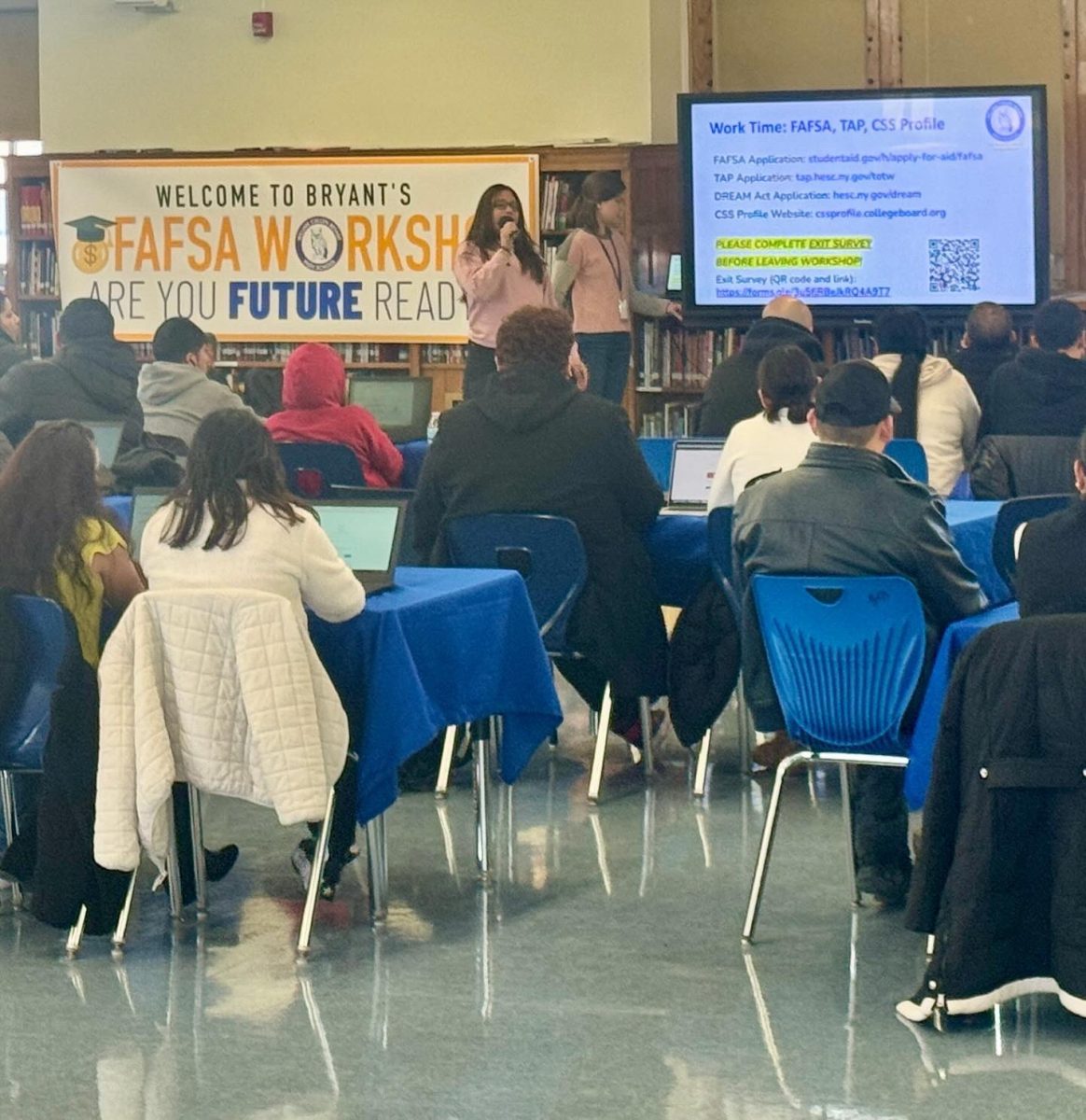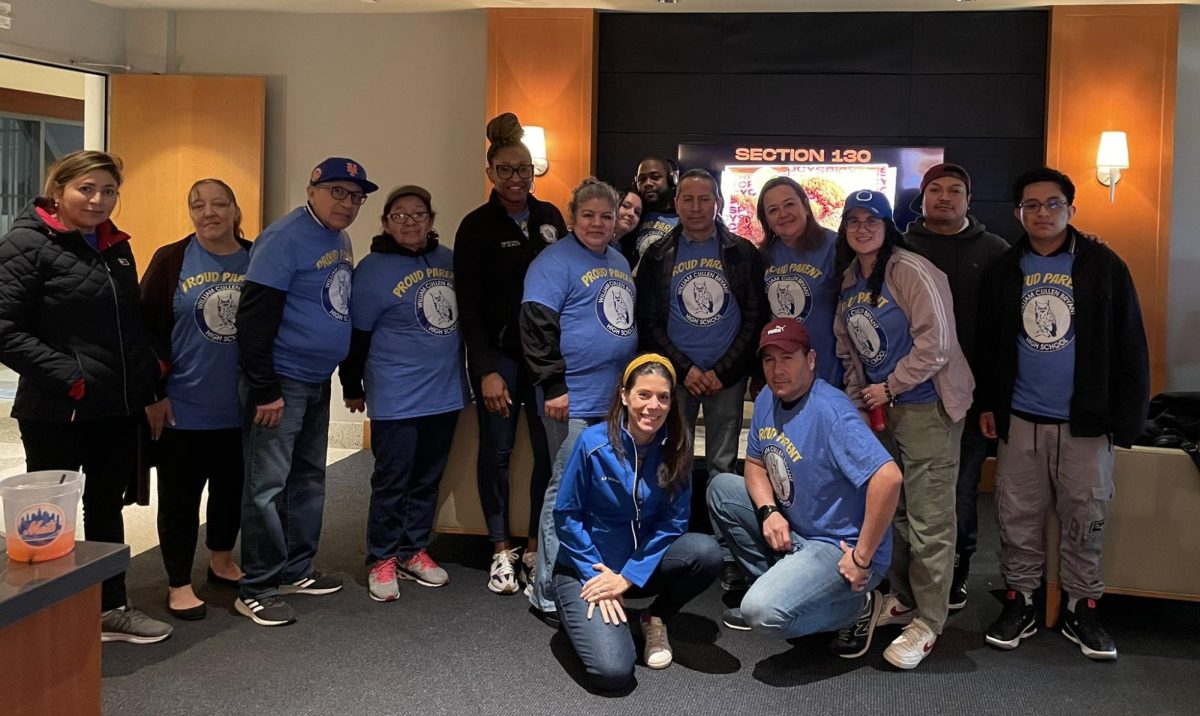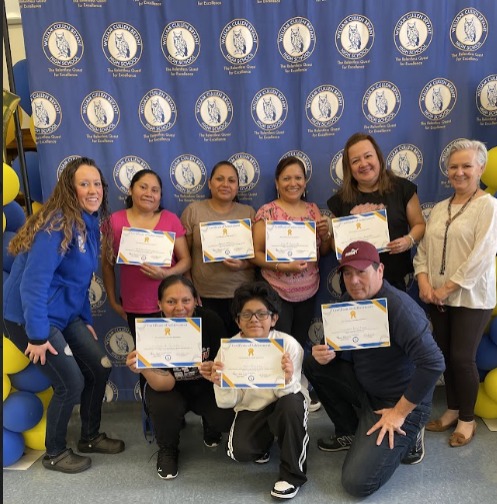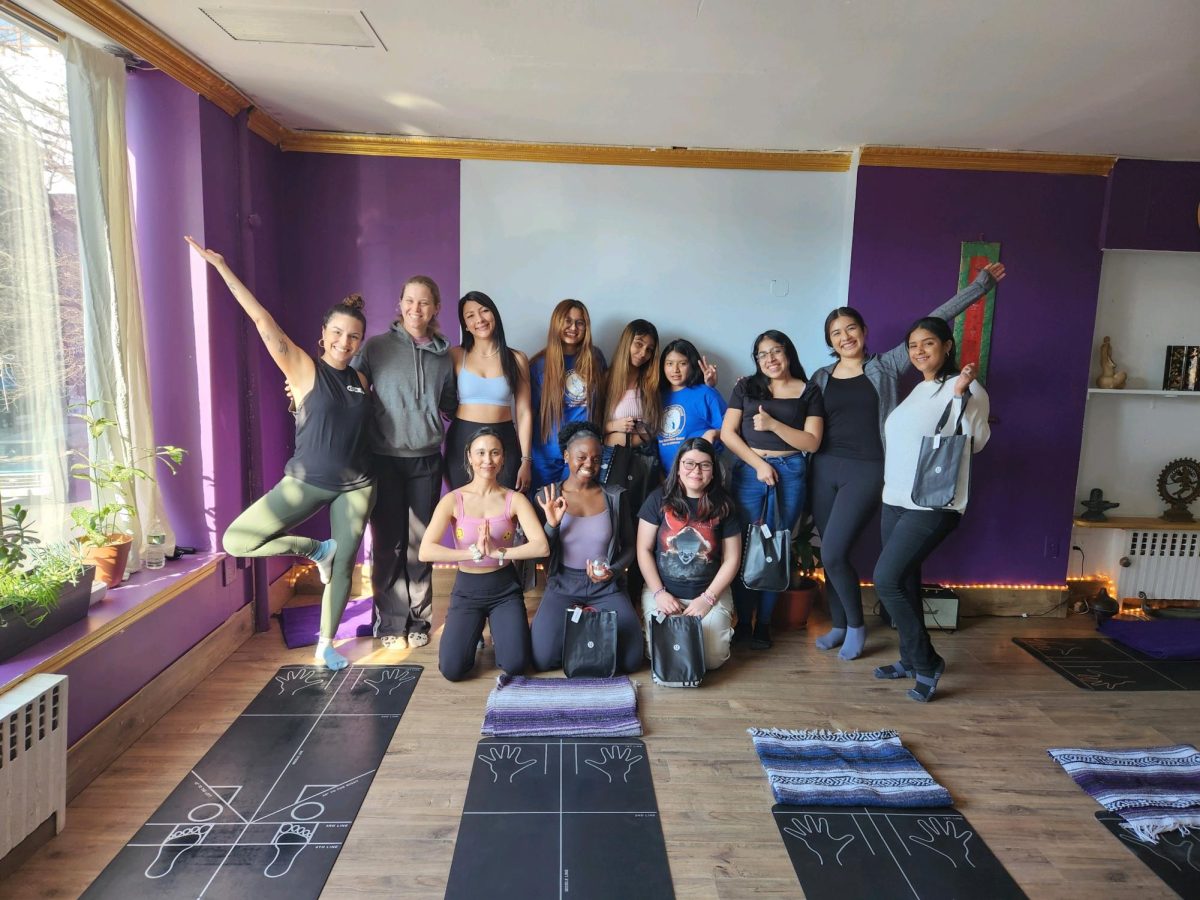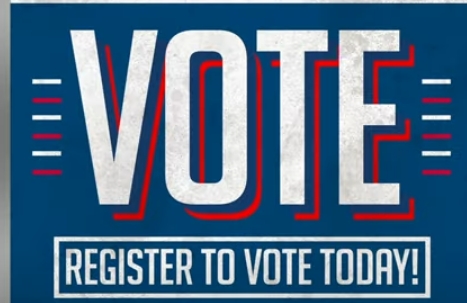
Civics: What is it?
Civics is the study of government operations, the democratic process, and the rights and responsibilities of citizens. It teaches us how laws are made, how governments operate, and how each of us may have an impact on these institutions. Civics education places a heavy emphasis on the value that comes from being informed and involved part of society.
Voting is one of the most important ways that people interact with their government. People can influence who governs and what policies are implemented by casting their vote. It is a crucial step in the democratic process because it gives citizens the power to select representatives and have an impact on decisions that impact their communities, lives, and nation.
What Makes Voting Important?
In a democracy, voting is one of the most powerful tools. We shape the future when we cast our votes, not just picking leaders. Every election gives us the opportunity to express our views on a range of important topics, including the economy, the environment, healthcare, and education.
Voting is important in this case because:
Representation: Elected officials make decisions on behalf of the people. Voting insures that your ideals are seen in the leaders you choose.
Influence: Public policies are mostly shaped by elections. Voting allows you to influence the direction of government, whether in local, state, or federal elections.
Civic Duty: One duty that comes with citizenship is the ability to vote. It’s how we support the welfare of our society and take part in the democratic process.
Future Impact: Future generations will be affected by the choices made by politicians today. You can help to creating a brighter future by casting your vote.
As we look toward the upcoming elections, it’s essential to stay informed about the candidates and the issues at stake. This year, elections will take place at multiple levels—local, state, and national.
For students who are not yet eligible to vote, this is a perfect opportunity to start learning about the candidates and policies. Understanding the issues and the candidates’ positions will allow you to have meaningful conversations with family and friends about the importance of voting. You can also get involved by volunteering for a campaign or participating in nonpartisan get-out-the-vote efforts.
If you’re eligible to vote, it’s important to take the time to register and familiarize yourself with the candidates and the voting process. Your vote is your voice, and using it can help shape a government that represents your values.
How to Prepare for Elections:
Register to Vote: If you are eligible check if you are registered to vote and, if not, make sure to register ahead of the deadline. Most states allow online registration, and you can find resources at your local election office.
Learn About the Candidates: Research the candidates running for office, their policies, and their track records. Watch debates, read news articles, and visit candidates’ websites to get a comprehensive understanding of their platforms.
Know the Issues: Stay informed on the key issues that will be decided in the election. Whether it’s a local referendum, state policies, or national debates, knowing the facts will help you make an informed decision.
Civics education is important to understanding the importance of voting and being an engaged citizen. Whether you’re old enough to vote now or not yet 18, learning about the process and staying informed will prepare you to be an active participant in the future. Elections are a chance for every voice to be heard—don’t let yours go silent.



